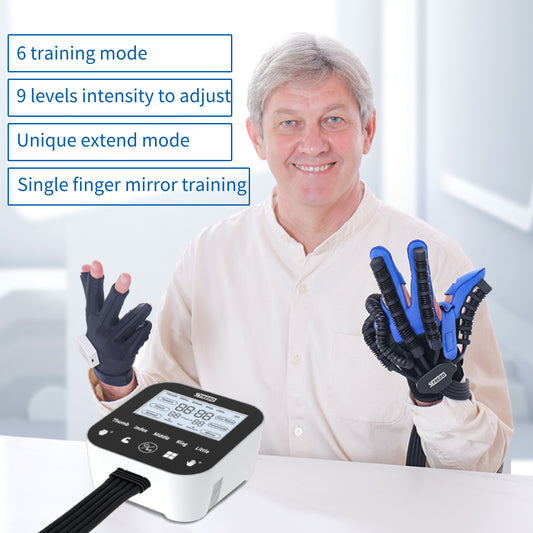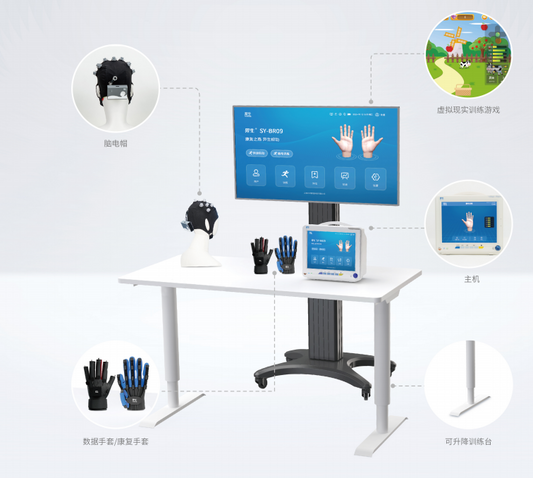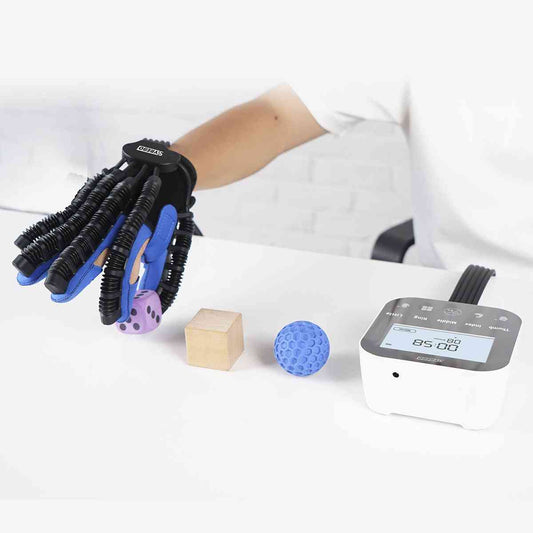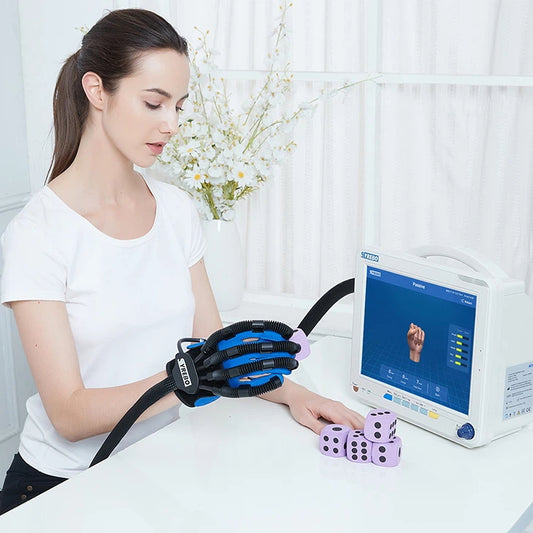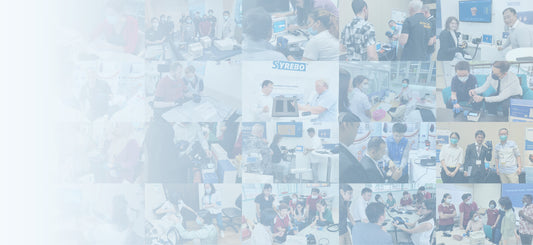Neuro Physiotherapy Approaches for Bridging the Gap in Coexisting Acute Ischemic Stroke and Parkinson's Disease
The collaboration between healthcare professionals, including neuro physiotherapists, neurologists, and caregivers, is vital in optimizing outcomes for these patients. By working together and tailoring our approaches to the unique needs of each individual, we can help them regain independence, improve their quality of life, and navigate the challenges posed by this intricate medical scenario. It is our collective duty to provide unwavering support on this challenging journey toward recovery and well-being.
As a highly experienced Neuro Physiotherapist and Geriatric Care Specialist, I frequently encounter patients with complex neurological conditions that necessitate a multifaceted approach to care. A notable instance is when an individual is faced with an acute ischemic stroke, particularly in the left middle cerebral artery (MCA), alongside a confirmed case of Parkinson's Disease. In this article, I will examine the challenges presented by this combination and how neuro physiotherapy can offer comprehensive support.
The Complex Case:
When a patient presents with an acute ischemic stroke in the left MCA and a pre-existing diagnosis of Parkinson's Disease, it poses unique challenges. The stroke may result in damage to the brain's motor and sensory areas, potentially exacerbating the motor symptoms associated with Parkinson's Disease, such as bradykinesia (slowness of movement), tremor and muscle rigidity.
Furthermore, the presence of "patchy areas of abnormal signal intensity" in the left basal ganglia, suggesting an acute ischemic infarct, and an old ischemic insult in the left cerebellum further complicates the clinical picture. These areas may affect motor control, coordination, and balance.
The Role of Neuro Physiotherapy:
Neuro physiotherapy plays a crucial role in addressing the dual challenges of an acute ischemic stroke and Parkinson's Disease. Here's how our approach can benefit patients:
Individualized Assessment: The first step is to conduct a comprehensive assessment to understand the extent of the stroke-related deficits and how they interact with Parkinson's symptoms. This information helps tailor the treatment plan.
Motor Re-Education: Stroke-related motor deficits often necessitate motor re-education. Neuro physiotherapists employ targeted exercises to help patients regain strength, coordination, and range of motion, particularly in the affected areas.
Balance and Gait Training: Impairments in balance and gait are common after an ischemic stroke. In the presence of Parkinson's Disease, addressing these deficits becomes even more critical. Neuro physiotherapy includes balance and gait training to enhance mobility and prevent falls.
Parkinson's-Specific Approaches: For the Parkinson's component, we incorporate techniques specifically designed to address bradykinesia, tremor, muscle rigidity, and postural instability. These may include rhythmic movement exercises and proprioceptive training.
Cognitive Rehabilitation: In cases where stroke-related deficits affect cognitive function, neuro physiotherapy can also encompass cognitive rehabilitation exercises to improve memory, attention, and executive function.
Supporting Emotional Well-Being: Coping with the challenges of a stroke and Parkinson's Disease can take an emotional toll. Neuro physiotherapists provide emotional support and motivation to help patients stay engaged in their rehabilitation journey.
Family Involvement: In cases like these, it's essential to involve the patient's family in the rehabilitation process. Educating them about the conditions and the exercises can empower them to provide crucial support at home.
Conclusion:
Addressing the coexistence of an acute ischemic stroke in the left MCA and diagnosed Parkinson's Disease is undoubtedly a complex endeavor. However, with the guidance of a skilled neuro physiotherapist and a comprehensive, individualized treatment plan, significant improvements can be achieved.


